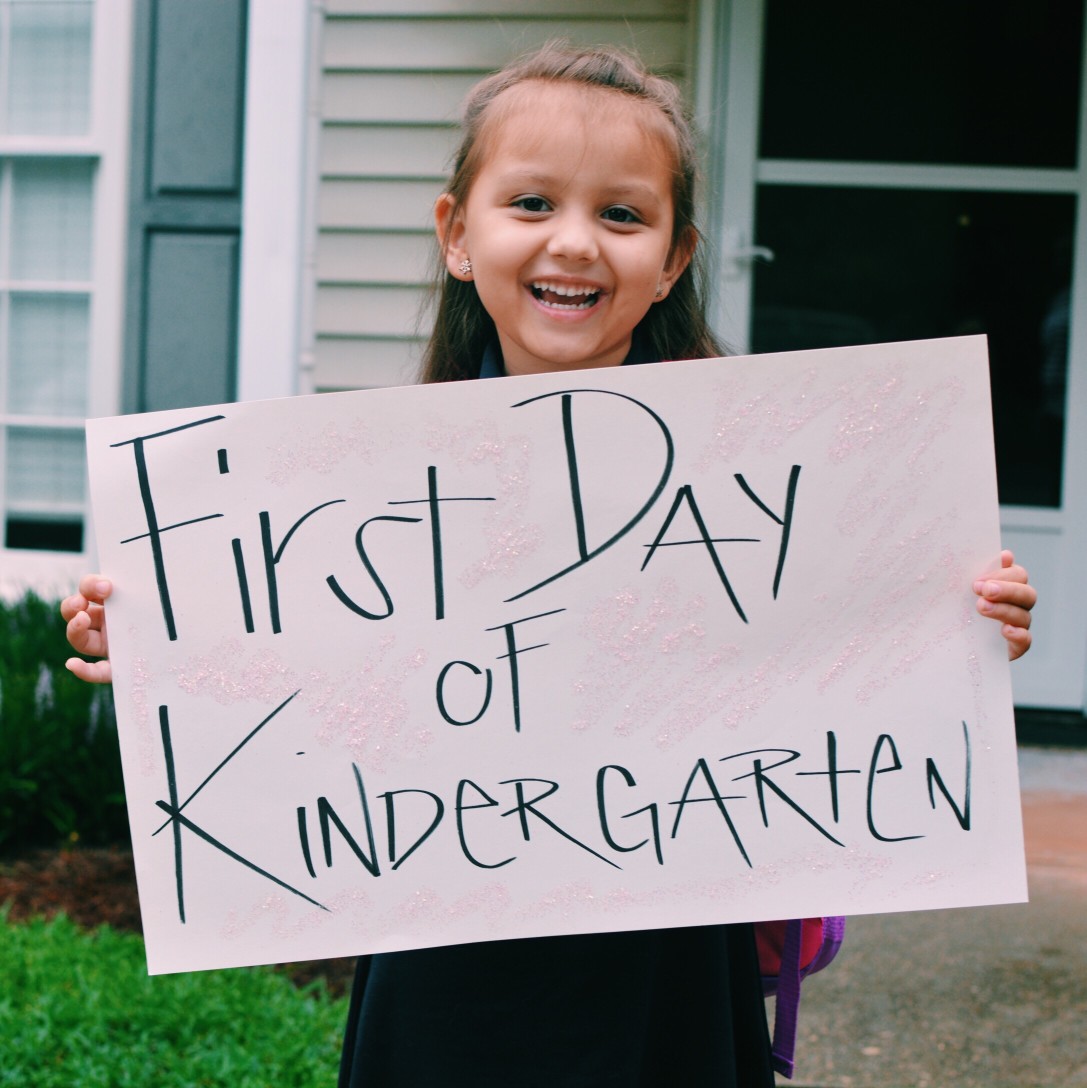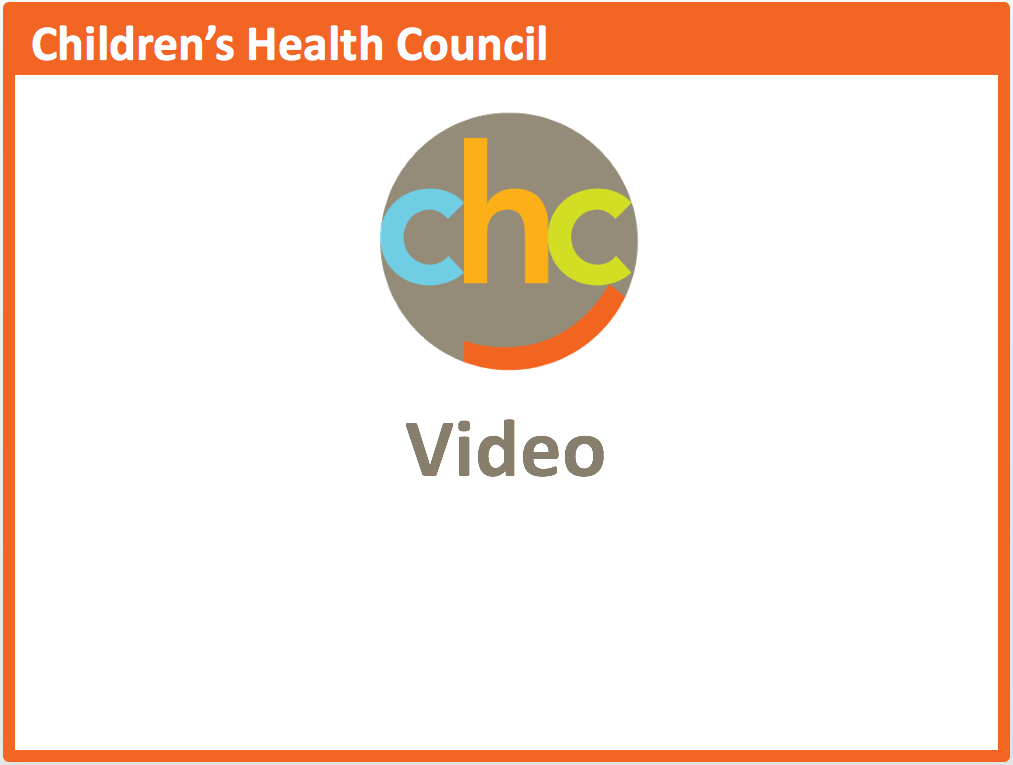 Starting school can be scary and exciting for both you and your child. Effective kindergarten teachers know that children are individuals who each start kindergarten with a wide range of skills. You do not need to drill your child with letters, numbers, and facts, before school starts. But there are some things you can do to prepare both you and your child for kindergarten. Here are some ideas.
Starting school can be scary and exciting for both you and your child. Effective kindergarten teachers know that children are individuals who each start kindergarten with a wide range of skills. You do not need to drill your child with letters, numbers, and facts, before school starts. But there are some things you can do to prepare both you and your child for kindergarten. Here are some ideas.
Before school starts
- Send a note to the nurse and to the teacher if your child has allergies or special needs. Do this even if you have indicated this on other forms already. It may be critical for teachers to know that your child reacts to bee stings, has food allergies, or has hearing or vision modifications. As a parent, you have the responsibility to advocate for your child’s health and safety.
- Visit the school and meet the teacher. If there is a visiting day to meet your child’s teacher and visit her classroom before school starts, make sure to participate. If you missed visiting day or the school does not offer one, call to see if you can arrange a quick visit to see the school and to meet the teacher with your child
- Start your school routine early. To reduce stress and get used to new routines adjust new bedtimes or wake up times a few weeks before school begins. Routines are comforting for us and for children.
- Label everything. Make sure to label backpacks, lunch boxes – everything your child brings to school. This includes her! If your child’s school has not supplied a nametag, make one. It should have your child’s name, address, and a phone number where a parent/guardian can be reached, the name of the teacher, and how your child gets home from school.
- Read books together about starting school. You can ask your local librarian for suggestions or try some of these:
- Miss Bindergarten Gets Ready for Kindergarten, Joseph Slate (Illustrated by Ashley Wolff)
- Seven Little Mice Go to School, Kazuo Iwamura
- Pete the Cat: Rocking in My School Shoes, Eric Litwin (Illustrated by James Dean)
- Mom, It’s My First Day of Kindergarten, Hyewon Yum
- Yoko Learns to Read, Rosemary Wells
On the first day of school
- Be positive. Give your child a smile and a hug, tell her you love her, and wave goodbye.
- Help your child say goodbye. Saying goodbye in a new setting can be frightening for some children. When you say goodbye (either at the bus or at school), reassure your child that you will see her later. Mention a specific time and a concrete activity, for example “I will pick you up before lunchtime and we will have lunch together.”
- Avoid behaviors that might upset your child. For example, try not to:
- Cry as you wave to your child through the bus window.
- Argue with the bus driver who may be late the first few days.
- Battle with your child about an outfit you want her to wear.
- Force your child to eat a big breakfast. (She may be nervous and it might be better to eat lightly than to have a stomachache, for the first couple of days).
- Wait to ask the teacher your specific questions. The first day of school is not the time to bombard the teacher with personal requests and information. Trust that the teacher is a professional who will make your child feel welcome and help her feel like a member of the classroom community.
Excerpted from “Transitioning to Kindergarten” from the National Association for the Education of Young Children. Read the full article online for additional details, including how to support your kindergartner during the first week of school.
Source: NAEYC | Transitioning to Kindergarten, https://www.naeyc.org/our-work/families/transitioning-to-kindergarten | © 2021 National Association for the Education of Young Children
If you have concerns about your child, CHC Care Coordinators can arrange a free 30-minute consultation so you can explore options with an expert. We invite you to call or email us at 650.688.3625 or careteam@stage.chconline.org to set up an initial Parent Consultation appointment. CHC teletherapy services are available now.



